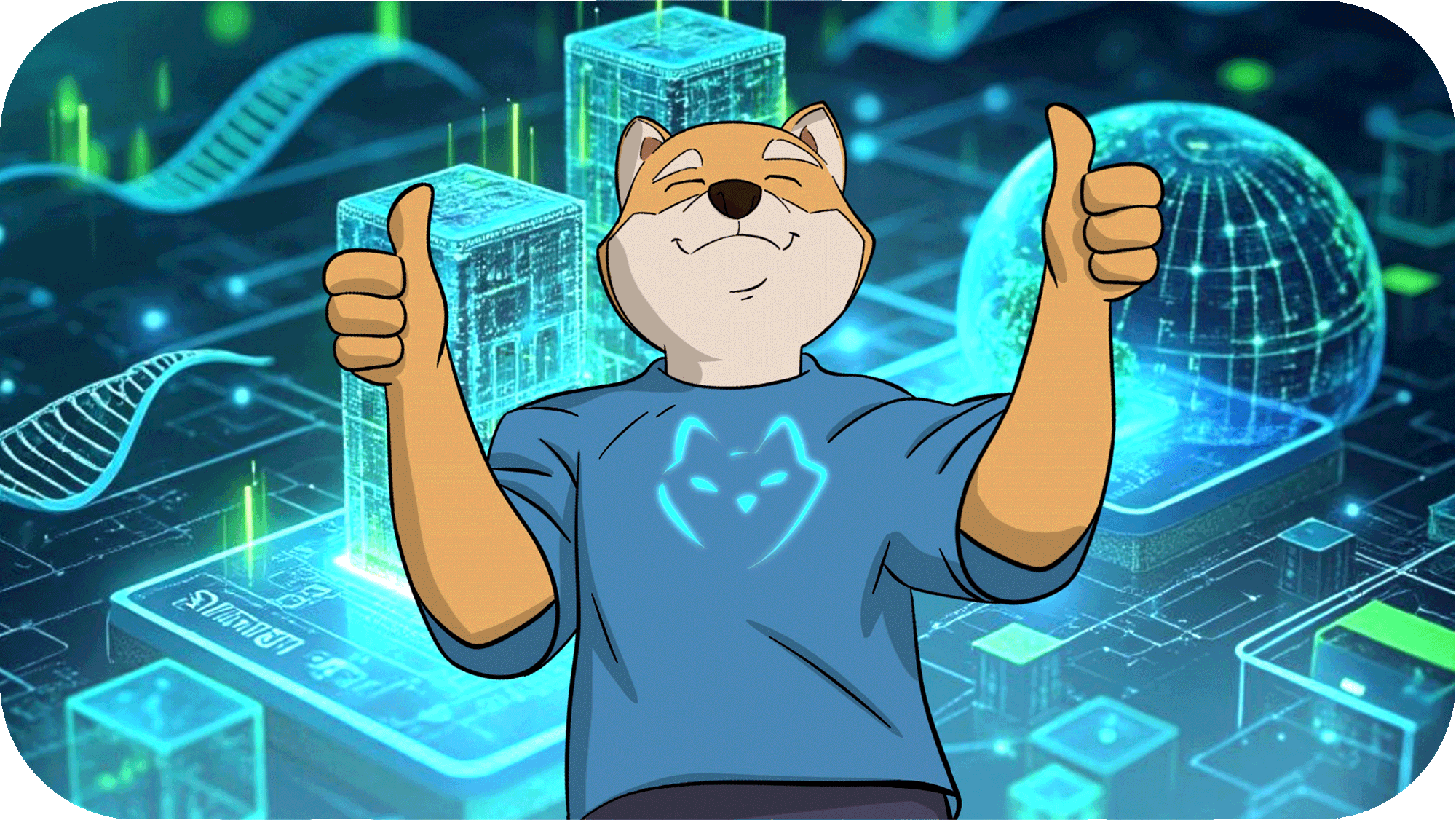0x12…qrst

Science, the bedrock of human progress, often inches forward at a frustratingly slow pace. Hampered by tradition, funding bottlenecks, and opaque processes, groundbreaking discoveries can languish, their potential untapped.
But a quiet revolution, fueled by the democratizing ethos of blockchain, is poised to upend this antiquated system. Decentralized science, known as DeSci, promises to unshackle scientific innovation, accelerating the pace of discovery and reimagining how knowledge is created, shared, and funded.
Beyond just a buzzword, DeSci is a growing market currently valued at $1.2 billion, according to data from CoinGecko. This nascent field is attracting significant attention and capital, with platforms like ResearchHub, a kind of “Reddit for scientists,” incentivizing collaborative research through blockchain-based rewards.
OriginTrail (TRAC) leads the market with a $374.9 million market cap, followed by Rifampicin (RIF) at $133.1 million and VitaDAO (VITA) at $124.7 million. The fervor surrounding DeSci is palpable, with some smaller tokens posting gains exceeding 100% in a single week. This surge of interest underscores the growing belief in DeSci’s potential to disrupt traditional science, a belief further bolstered by a 2023 Electric Capital report indicating that over 30% of Web3 investments are flowing into DeSci and related fields.
The DeSci movement has garnered influential champions within the cryptocurrency world. Both Vitalik Buterin, Ethereum’s co-founder, and Changpeng Zhao, CEO of Binance, have expressed interest in leveraging blockchain to revolutionize scientific funding.
Buterin, speaking on a 2023 podcast, saw cryptocurrency as a powerful fundraising tool, having used it personally to support various scientific endeavors, including longevity research. Zhao echoed this sentiment last year, noting his interest in using crypto to accelerate biotech research funding. Their shared interest culminated in a gathering of DeSci entrepreneurs in Thailand last month.
What an unreal day at our BUIDLer House in Bangkok. Just when we thought our DeSci Day event couldn’t get any better, GOATs @cz_binance and @VitalikButerin dropped in to join the session.
Our guests not only had the chance to hear directly from DeSci project teams but were also… pic.twitter.com/TLGu06nMcI
— Binance Labs Fund (@BinanceLabs) November 13, 2024
Beyond individual projects, the broader DeSci ecosystem is attracting significant investment. Coinbase CEO Brian Armstrong, for example, pledged in 2022 to sell 2% of his Coinbase holdings to fund scientific research and companies like NewLimit and ResearchHub. This demonstrates a growing commitment from within the crypto community to support scientific innovation through decentralized mechanisms. The influx of capital, combined with the vocal support of figures like Vitalik Buterin and Changpeng Zhao, is fueling rapid growth and innovation in the DeSci space.
DeSci’s ambitions transcend mere efficiency gains; the movement seeks to address systemic inequities deeply embedded in traditional scientific institutions. Dario Amodei, the Italian-American AI researcher and CEO of Anthropic, the company behind the Claude AI assistant, has stressed the critical need for ethical frameworks in technological development.
DeSci’s core principles of community governance and transparent funding align with this vision, promising a more equitable distribution of the benefits of scientific progress, particularly in fields like AI-driven longevity research. By democratizing access to knowledge and research opportunities, DeSci tackles long-standing issues of funding disparities and limited access.
The tangible impact of DeSci is already visible. VitaDAO, a decentralized autonomous organization (DAO), is revolutionizing longevity research by crowdfunding studies into life-extending therapies, recently raising over $4 million.
LabDAO is democratizing access to expensive scientific equipment by building a global network of shared laboratories. And SCINET is pioneering decentralized peer review, promising a faster, fairer, and more transparent evaluation process for scientific work. These projects showcase DeSci’s ability to empower researchers, break down silos, and accelerate the pace of discovery in critical areas.
Despite its promise, DeSci faces significant challenges. Scalability remains a key concern: can decentralized governance effectively manage the complexities of large-scale scientific projects?
Regulatory uncertainty surrounding cryptocurrency and blockchain technology adds another layer of complexity. Adoption within traditional academia remains slow, with many researchers skeptical of decentralized peer review and blockchain’s broader role in science.
Andrew Kang, a founder and partner at Mechanism Capital, a crypto-focused venture capital firm, likens the current state of DeSci to the early days of decentralized finance (DeFi): “raw, experimental, but with massive potential.”
He predicts an iterative evolution, mirroring the trajectory of early DeFi protocols like Maker, Synthetix, and Aave, which transformed the financial landscape.
Paul Kohlhaas, CEO of MoleculeDAO buzzword, sees longevity research as the “holy grail of medicine,” envisioning a future where humans live longer and healthier lives, free from the debilitating effects of aging.
DeSci represents more than just a technological advancement; it’s a philosophical shift. Inspired by blockchain’s core tenets — decentralization, community ownership, and radical transparency — DeSci challenges the established hierarchies of scientific research.
Just as the open-access movement democratized access to scientific literature, DeSci aims to democratize the entire research process, empowering marginalized voices and fostering a more inclusive scientific community. This aligns with the broader vision of Web3, which seeks to empower individuals and communities through decentralized technologies.
As the boundaries between science, technology, and society continue to blur, DeSci stands poised to reshape the future of discovery. From AI-driven longevity research to decentralized education systems, the potential applications are vast. The laboratories of tomorrow may well be decentralized, collaborative ecosystems, powered by blockchain and fueled by a global community united in its pursuit of knowledge.
The question is not if DeSci will transform science, but how profoundly it will do so.